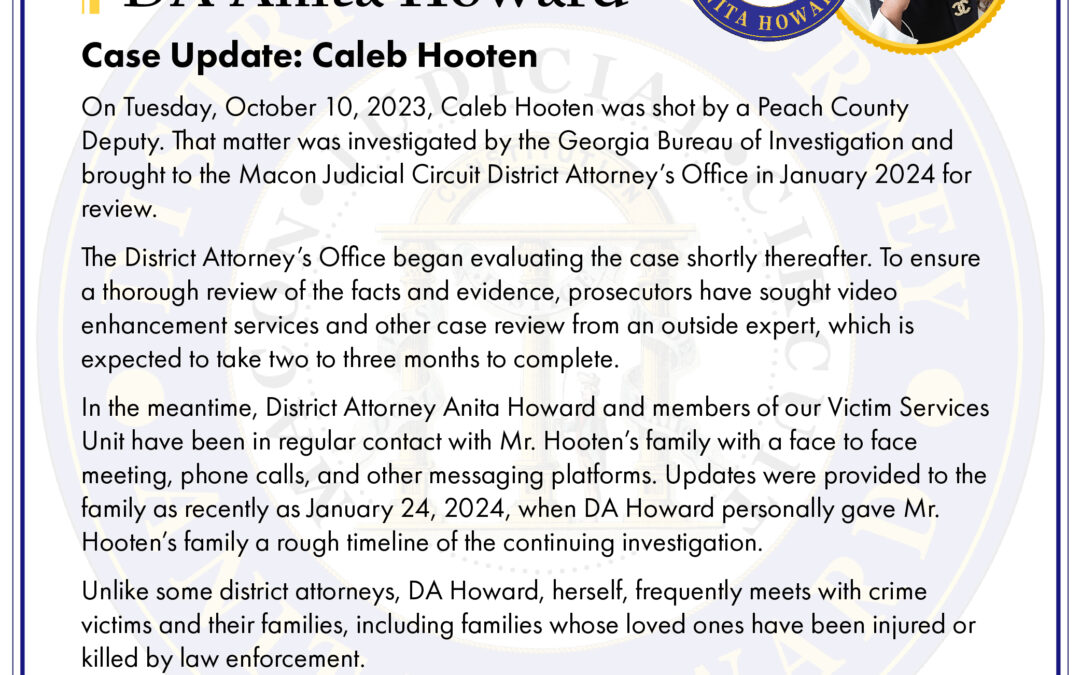Have you ever heard the phrase “My word is my bond!”? While it started as a saying from merchant sailors in the 1500’s, it means that the person considers themselves to be always trustworthy and that you can rest easy knowing they will keep their promise. In the same way, the judicial system uses bond, also known as bail, to ensure that persons who are accused of a criminal act keeps their promise to complete their responsibility to the judge, court, and community at large. In general, a bond is a monetary promise that the accused person submits as an assurance that they will be present and available for their required court appearances, hearings, and trials. A bond may be taken as either a cash bond or a property bond. Many bonds, however, are taken through approved bonding companies, with whom a defendant can contract for that service.
How much does a bond cost?
How much a bond costs depends on many factors: the level of crime (misdemeanor or felony), the type of criminal act (more serious crimes may have higher bail*), previous criminal activity, employment status, the accused person’s likelihood to stay in the area, and the arresting jurisdiction. Bond can range from as little as $500 for first time offenders of misdemeanors to thousands of dollars for repeat offenders. In one instance for a particularly heinous criminal in Louisiana bond was once set at $3 billion dollars!
*NOTE: In the Macon Judicial Circuit, the Assistant District Attorneys do not consent to bonds in cases that involve loss of life, crimes against children, firearms, and sexual assaults. Any consent bonds for crimes involving such facts must be approved by DA Howard herself.
Who determines how much bond costs?
In Georgia, it is the Judge who sets the amount of a bond — not the police, not the jail, and not the District Attorney’s Office. A bond is set one of two ways: in a court hearing before a judge (legally required to be provided within 48-72 hours of arrest**), or through a bond schedule, which is a list of bond amounts previously approved by a judge for different charges. The most serious violent felony charges, however cannot be included on such bond-approved lists and must always go before a Superior Court Judge for consideration.
**NOTE: Every arrested person must be brought before a committing judicial official for a bail determination (or denial) as soon as possible, but in no case later than 72 hours after an arrest on a warrant (OCGA § 17-4-26).
This DA 101 Segment can be found in Volume 1 of THE BRIEF. Read more here: THE BRIEF.




